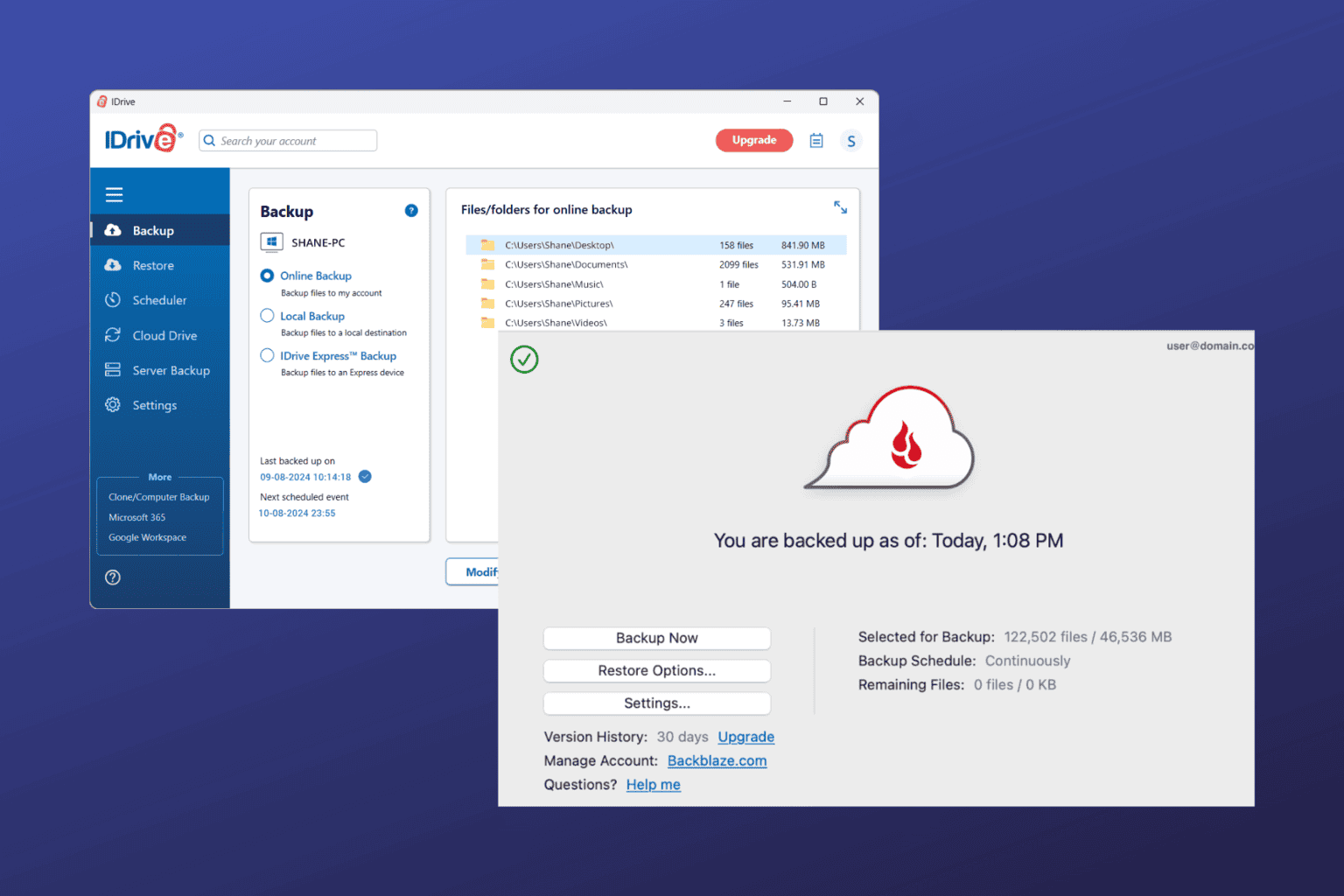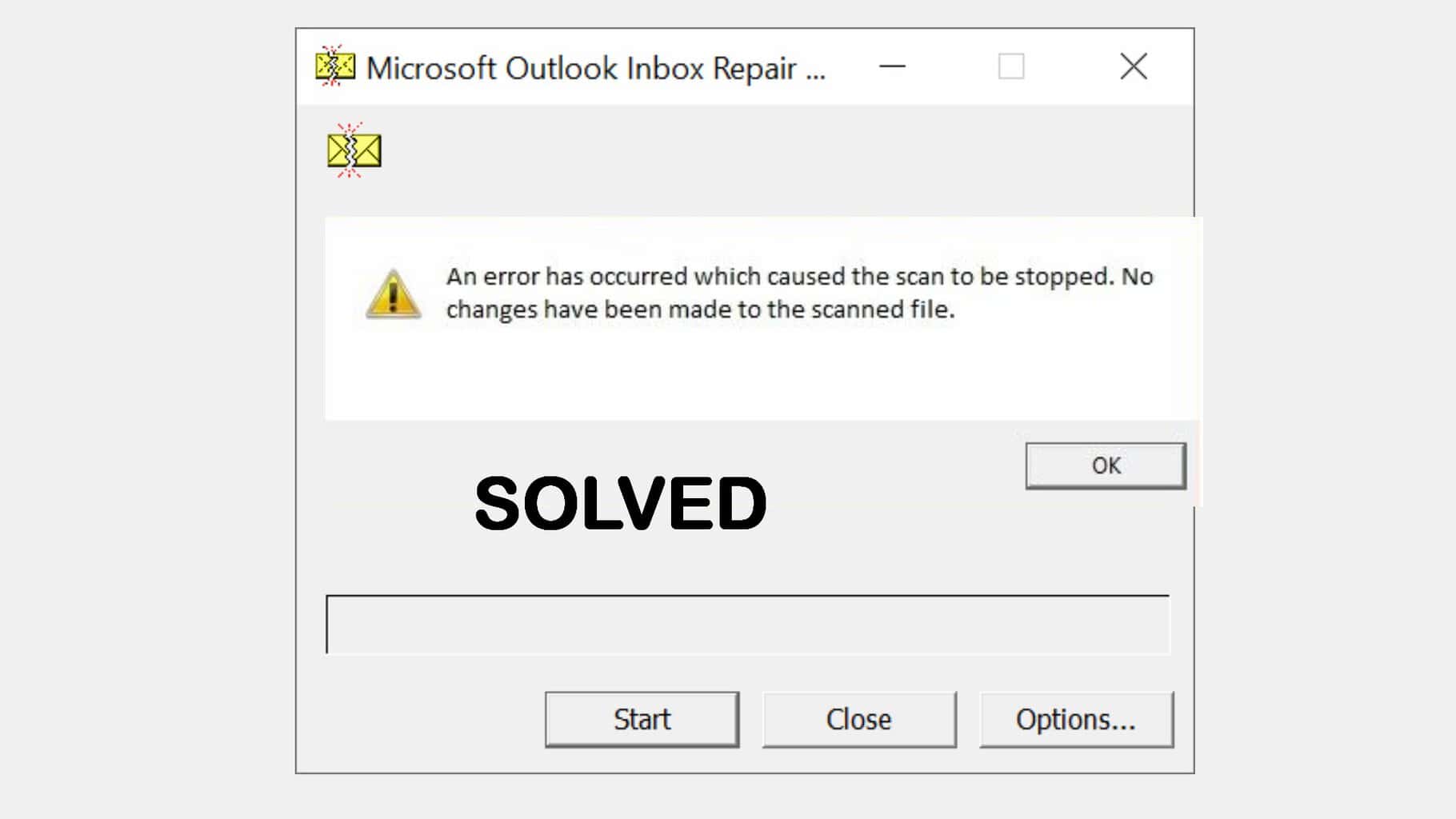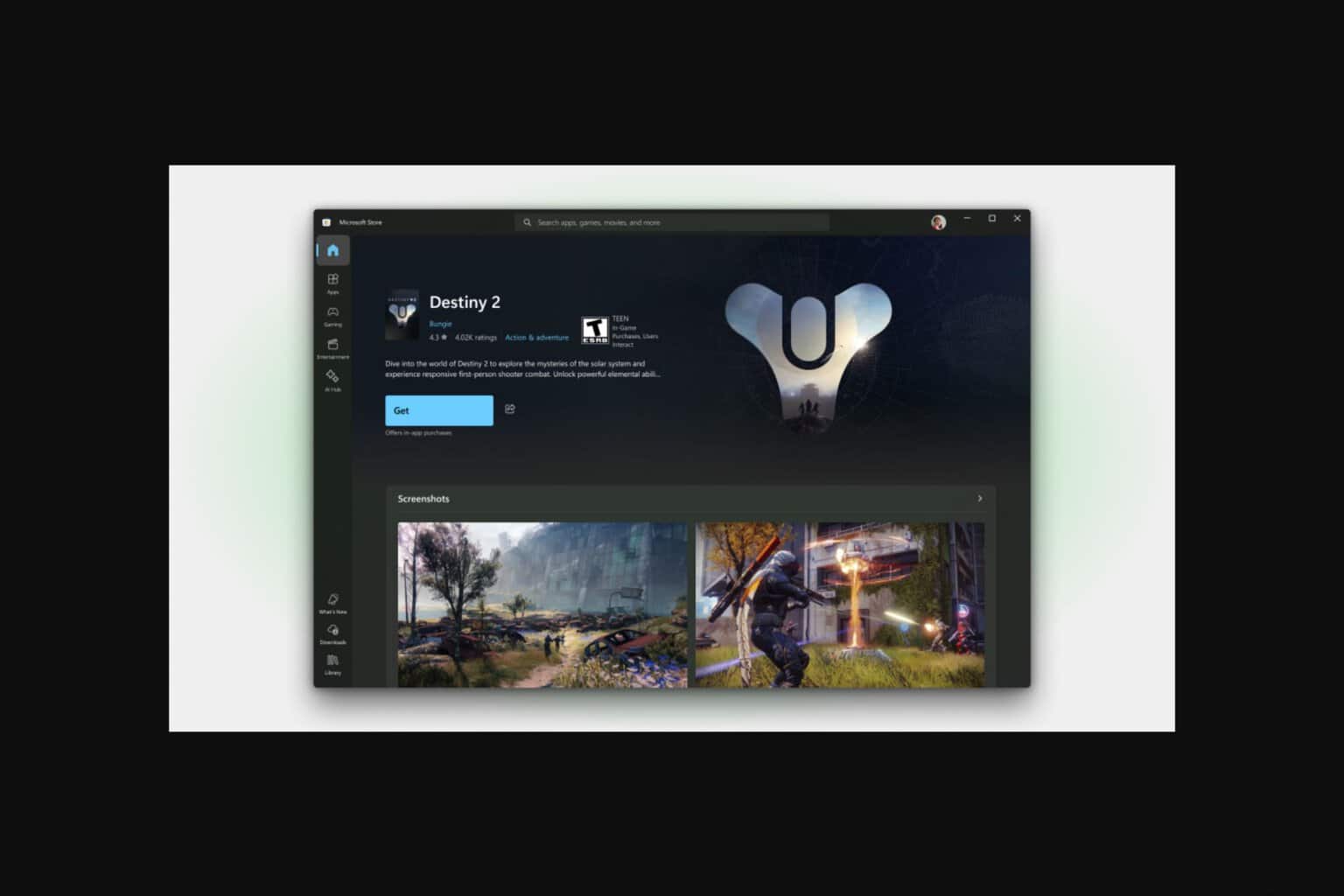Google follows Microsoft and Intel into EU Antitrust fight history
3 min. read
Published on
Read our disclosure page to find out how can you help Windows Report sustain the editorial team. Read more
We reported earlier this month that the EU was in the early phases of launching an Antitrust case against advertisement firm and search engine giant, Google. About a week and a half ago, the European Commission was mulling over five years worth of investigations, compromises and concessions between themselves and Google. With no official suit brought against the company after five long years of study, it seemed more than likely the Commission would opt for ‘more’ concession this time around. Instead, the European Union has decided to launch their case officially against Google.
The European Union is formally accusing Google of abusing their monopoly position in search in the EU to further prioritize the company’s integrated search services. The results of which, the Union believes, is having an adverse impact on competing services. As Google has continued to expand into other market opportunities, they are encroaching on various competitors territory while also using the competitions services to solidify their online search dominance further. Google will have to argue, as they have before, that competition is just a click away.
When the EU began to investigate Google, their focus was strictly on the effect Google’s integrated approach was having on search competition in Europe. Since then, the Android operating system has sprouted wings and began to position Google further in an awkward monopoly in mobile as well. As such, the European Commission is also launching an investigation into the mobile operating system. This recent news may be more damning than the original search query for Google. The search giant can argue that Android is open sourced, but the way the company licenses and mandates the Play Store may be an area of contention. If Google cannot successfully argue their merits, the search engine company will be looking at fines larger than Microsoft’s and Intel’s rulings respectively in the EU. After a lengthy ten year battle with the EU, Microsoft was ordered to pay over $1.7 billion dollars. In the case of Intel, the Commission fined the company $1.4 billion. In this case, Google could be fined upwards of $6 billion or 10% of their yearly earnings.
Interestingly enough, Google is now pointing to the company’s failures as a counter argument to the Commissions charges. In a blog post, Google acknowledges their failed attempts at launching new ‘competitive’ products like their creatively named flight-booking service, Google Flight Search. According to Google, the service is a failure in both the EU and North America and should stand as an example of how the market is regulating itself. There is also mention of Amazon’s ability to overcome the search giant’s perceived dominance in the EU.
Regardless of the outcome in Europe, formal charges now mean Google will be forced to expose certain aspects of business that were less transparent to other countries, OEM’s, businesses, and customers. This mandated level of transparency leaves Google potentially exposed to further litigation in other countries beyond the EU ruling similar to Microsoft’s 2004 decision.










User forum
0 messages